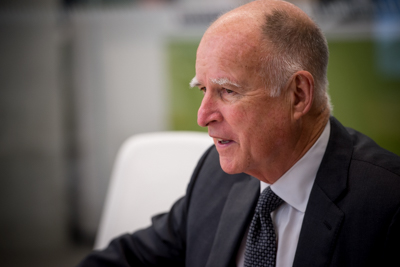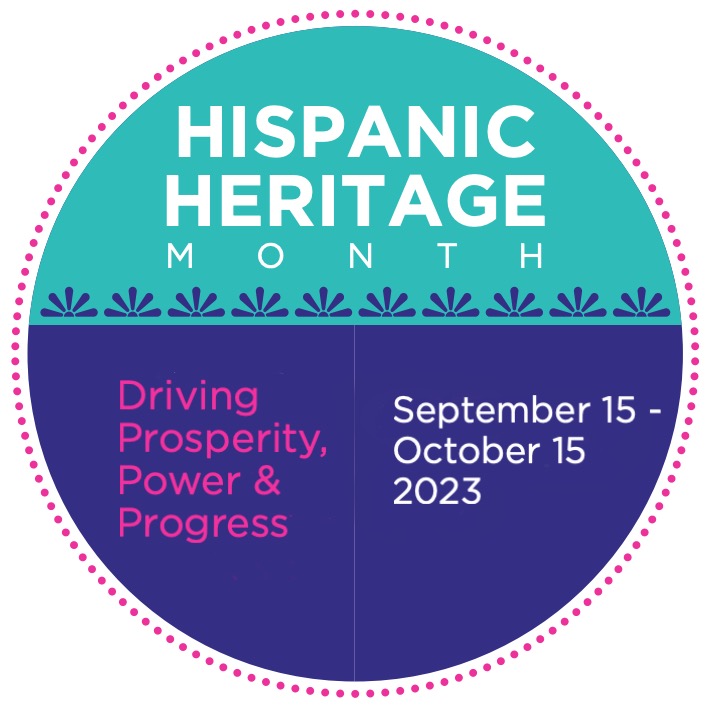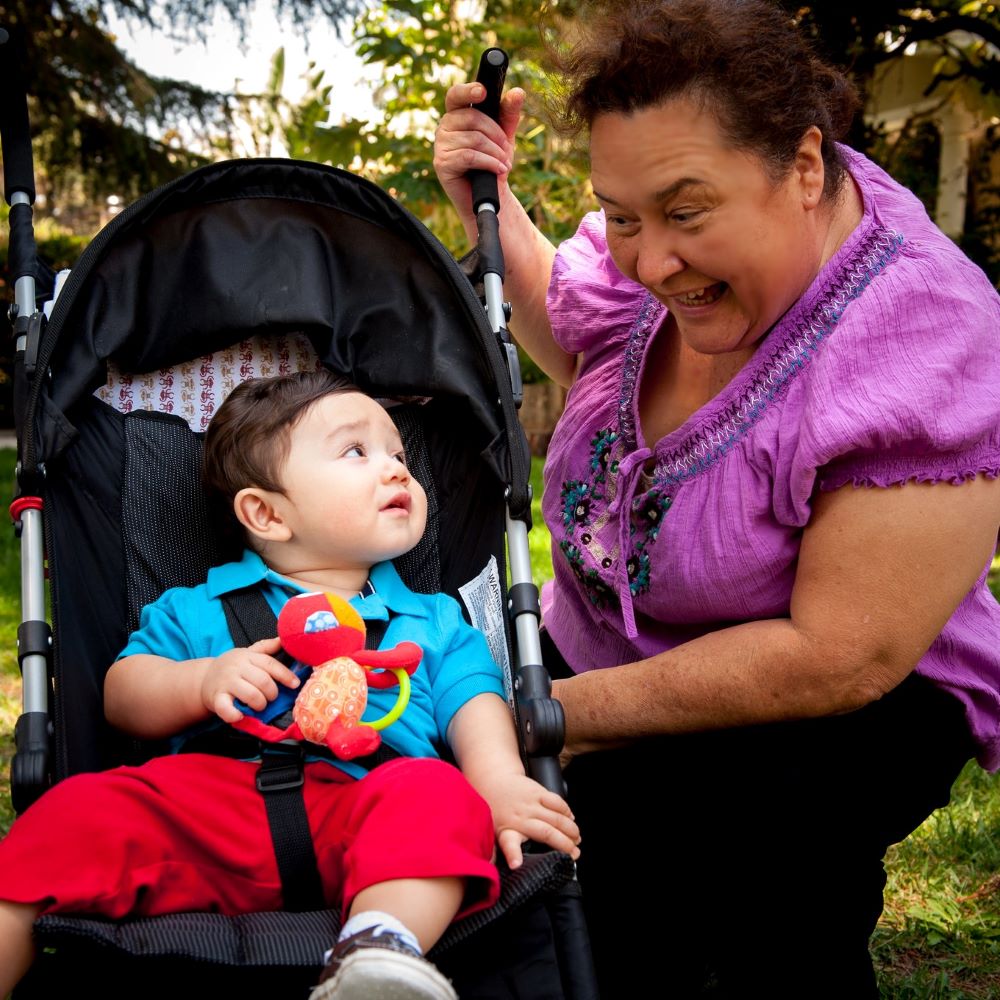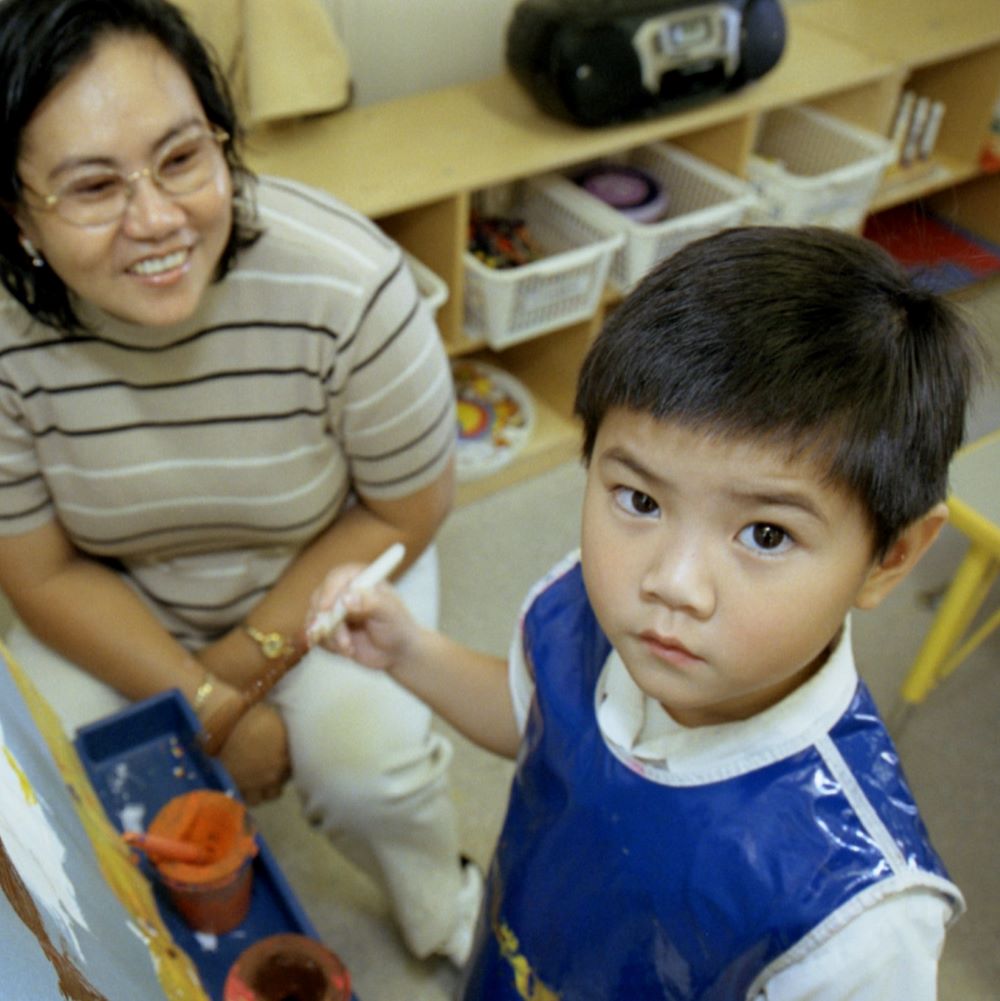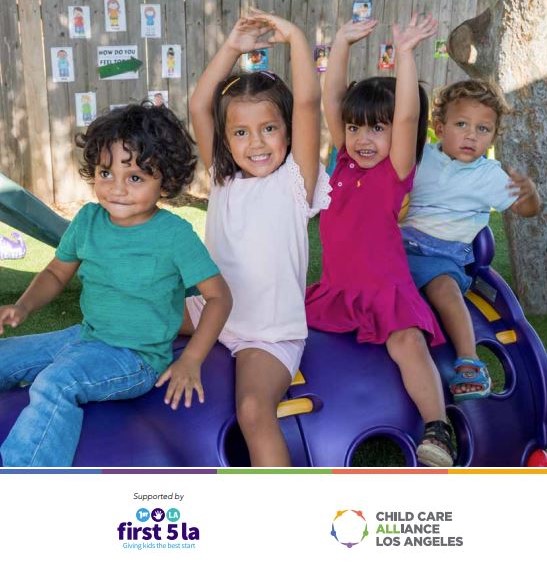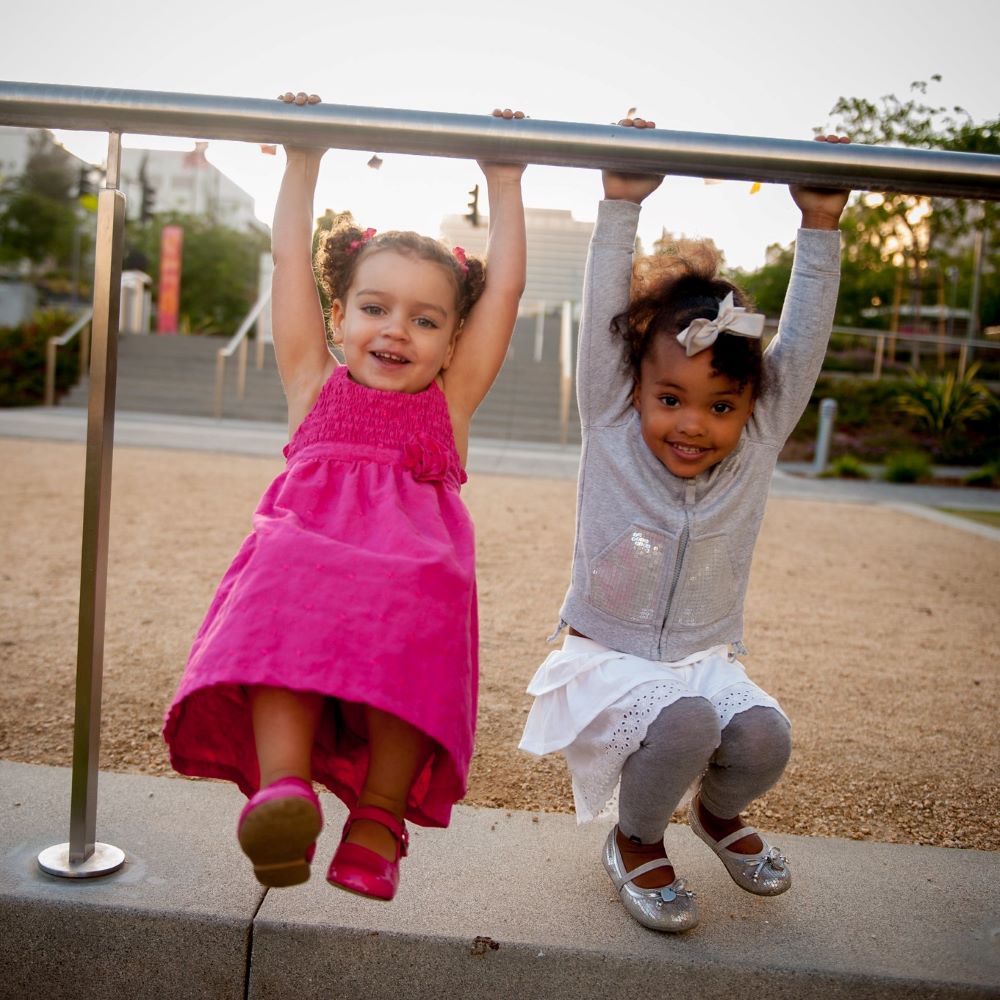First 5 LA to Work with Governor, Legislature, Advocates and Parents to Help Make California a Place Where Young Children Can Thrive
LOS ANGELES – Leading early childhood advocates in Los Angeles County today praised Governor Brown’s May Revision to the State Budget for FY 2017-18, which restores promised funding for early care and education opportunities for children in California.
The initial budget released in January had zeroed out planned child care funding increases for FY 2017-18. Based upon modest revenue improvements, the Governor’s May Revision pledges to fully restore funding, lifting the “pause” on promised investments in child care. As part of the FY 2016-17 budget agreements the Governor promised multi-year funding increases through FY 2018-19 to expand child care opportunities and provider reimbursement rates.
“We appreciate Governor Brown reconsidering his January budget proposal and following through on his previous commitment to invest in kids, “said Kim Belshé, Executive Director of First 5 LA. “We want to work with Governor Brown, members of the State Legislature, advocates and parents to make California a place where young children can thrive for generations to come.”
According to the May Revision, highlights on early care and education investments include:
- Standard Reimbursement Rate: An increase of $67.6 million to increase the reimbursement rate to reflect the full 10 percent increase made at 2016 Budget Act; and an increase of $92.7 million to provide a six percent increase to the reimbursement rate for State Preschool and other direct-contracted child care and development providers, beginning July 1, 2017.
- Regional Market Reimbursement Rate: An increase of $42.2 million to increase the maximum reimbursement for voucher-based child care providers, beginning January 1, 2018.
- Full-Day State Preschool: An increase of $7.9 million Proposition 98 funding for an additional 2,959 slots for children.
According to a recent study, The Current State of Scientific Knowledge on Pre-Kindergarten Effects, authored by the nation’s leading experts in early childhood education at Georgetown University, Vanderbilt, Duke University, the Brookings Institution and others, the message is clear: Kids who attend public preschool programs are better prepared for kindergarten than kids who don’t. The findings illustrate convincing evidence that children attending a diverse array of state and school district pre-kindergarten programs are more ready for school at the end of their pre-kindergarten year than children who do not attend.
In Los Angeles County, parents with two children may pay nearly half their wages for child care, even as licensed early care and education centers and family child care homes are only able to serve 1 in 7 working parents with infants and toddlers, according to The State of Early Care and Education in Los Angeles County: Los Angeles County Child Care Planning Committee 2017 Needs Assessment.
The assessment report findings identified a persistent and severe lack of affordable, high-quality early care and education for infants, toddlers and school-aged children in the county. Income eligibility for subsidized care is a barrier for many low-income working parents in need of funded care programs and services.
Although the May revise budget provides some good news for the “numerous cordial and convincing” child advocates the Governor referred to in his press briefing today, there is still significant work to be done to make quality early care and education accessible for all families. The California Budget and Policy Center found that child care and preschool is still funded 20 percent below pre-recession levels and that a typical single mother in California would have to spend two-thirds of her paycheck to cover child care costs. Two parents working minimum-wage jobs full time now earn “too much” to qualify for state subsidized child care and preschool. Statewide, more than 1.2 million children eligible for subsidized child care did not receive services from state programs in 2015.
###
ABOUT THE STATE BUDGET PROCESS
The State Constitution requires the Governor submit a budget to the Legislature by January 10. Budget subcommittees in the State Assembly and State Senate will review the Governor’s proposed budget and begin to craft their versions of the annual spending plan.
The Legislature has the authority to approve, modify, or reject the Governor’s proposals, add new spending or make other changes that substantially revise the budget as proposed by the Governor. The Legislature typically waits for the May Revision budget update before final budget decisions are made on major programs such as Education, Corrections, and Health and Human Services.
The May Revision to the Governor’s Budget consists of an update to the Governor’s economic and revenue outlook and revises, supplements, or withdraws the policy initiatives included in the Governor’s budget proposal from January.
The Legislature must pass a budget bill for the upcoming fiscal year by midnight on June 15. The Governor has until June 30 to sign the budget bill into law.
